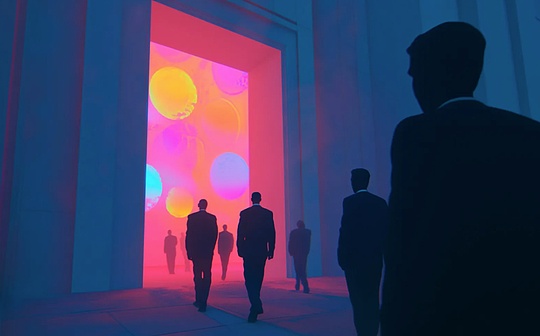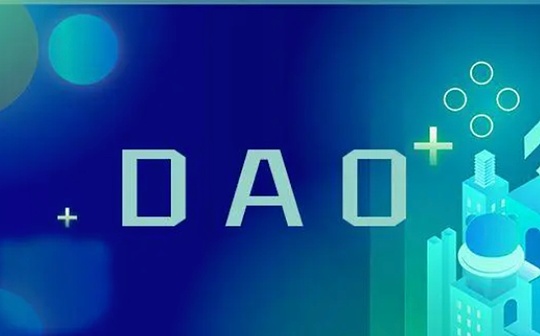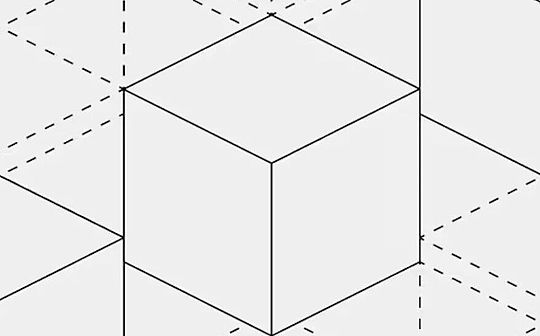
Author: Chao Source: X,@chaowxyz
Continuing yesterday’s topic, AI Agent and DAO, one driven by AI algorithms and the other driven by community consensus.They may seem different on the surface, but if you penetrate the appearance, you will find that they are two sides of the same coin – essentially, they are programs that seek to achieve independent operation in the digital world and even the real world.
On the surface, the biggest difference between the two is the decision-making mechanism:
-
AI Agent: Its will originate from machines.Decisions come from their own algorithms, models and preset goals, and are an independent, computationally driven autonomy.
-
DAO: Its will originate from the collective.Decision-making relies on the hundreds of human members behind it to form a collective common will through proposals, discussions and voting.
Common foundation: Challenges between the executive and legal levels
1. The kernel that executes independently
Regardless of the decision-making process, their final execution is similar: done by a piece of autonomously running code.DAO’s smart contracts automatically execute all voted proposals.The core program of the AI Agent automatically executes decisions generated by its algorithms.
At the level of “execution”, they are all “machines” that have no entities but can act independently in the digital world.
2. Common legal dilemma
Precisely because their “body” are codes, both face the common dilemma of being disconnected from the physical world.They cannot sign contracts in their own name, open bank accounts, or interact directly with the real world legal and financial system.Therefore, they all need a “legal interface” (such as a legal entity established for this) to qualify them to act in the real world.
Deeper convergence: the “will” defined by code
Go back to the biggest difference between the two – the decision-making level and look at it from a deeper level.The real underlying layer of a DAO is its smart contract code.This code defines its core rules, incentive mechanisms, and governance processes.It is like the DNA of an organism, presetting the most basic code of survival and behavior for the entire organization.
Rather than saying that humans are “deciding”, it is better to say that humans are “responding”.
The rules of DAO create a powerful environment, or a “gravity field.”In this field, rational participants (to receive rewards, avoid losses, or achieve common goals) will naturally be directed in a certain direction and eventually form a consensus.Consensus is not created out of thin air, it is the result of being shaped in the “gravity field” of rules.
From this perspective, human members are not operators standing outside the machine, but are integrated into the interior of this grand machine and function as its key components.Just as the brain needs neurons to transmit signals, the DAO machine needs human members to provide decision-making signals, and the way these signals are generated and transmitted has long been standardized by its underlying code.
Just like an ant colony can build nests, forage, and defend against enemies, showing amazing collective intelligence, but this will does not come from the independent thinking of any ant, but from the macro behavior that all ants follow simple chemical rules (release and follow pheromones).
Therefore, we can say that DAO has an autonomous will based on code rules, but this is not a “computational will” based on individual thinking, but a “emergency will” based on system design.
Most AI Agents and DAOs are far from mature today, but their direction of development is converging.They are all exploring how to build a non-human, code-centric autonomous entity.








